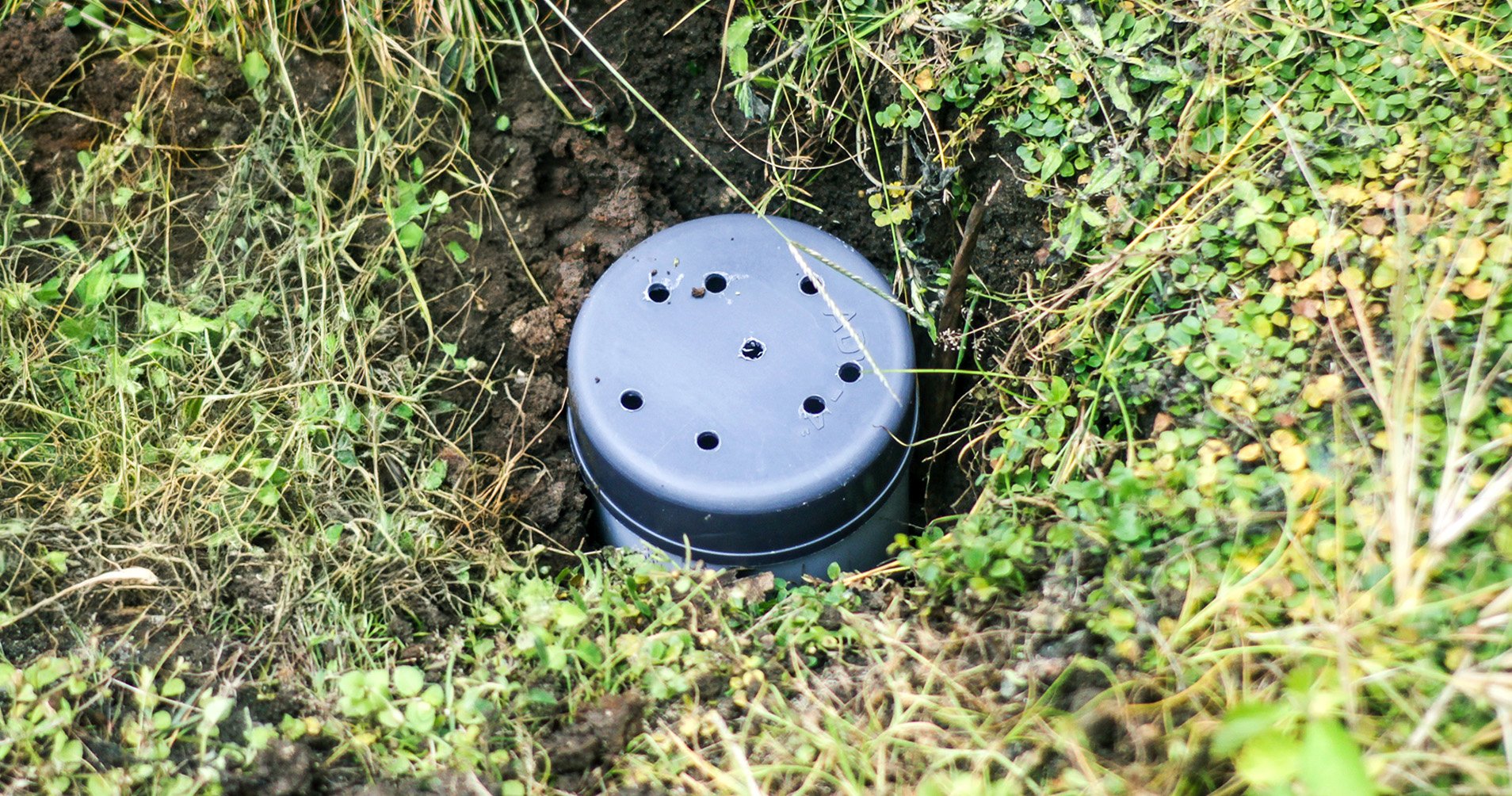Hyundai Motorstudio Senayan Park
Hyundai Motorstudio Senayan Park
Newsroom
The official news from Hyundai Motorstudio Senayan Park and a collection of innovative articles on mobility and sustainability here.
-
Biopori: Smart Solution to Prevent Floods
- Hyundai Motorstudio Senayan Park Senayan Park 2024.05.21
-
Are you tired of dealing with puddles of water every time it rains? Or is there an issue with the dry and barren land in your yard? There's no need to worry; there is a smart and environmentally friendly solution available! It's called a biopore infiltration hole or a biopore hole. Are you curious about the function and how to make it? Check out the following explanation!
What is Biopore?
Biopores are cylindrical cavities intentionally created in the soil, measuring 10 to 30 cm in diameter and 30 to 100 cm in length. Biopores provide habitats for worms, termites, and ants, which then create small holes in the soil, allowing water to seep into the ground.
Apart from absorbing water, biopores can also be used to create natural compost. Earthworms and microorganisms will transform organic waste placed in the biopore into nutrient-rich compost.
Benefits of Biopori
Biopores are not simply small holes in the ground. Despite their simple form, biopores offer numerous environmental and human life benefits.
- Dealing with Standing Water
Biopores act as large sponges in the soil, rapidly absorbing rainwater to reduce puddles and flooding during heavy rain. During an increasingly extreme rainy season, biopore can be an effective solution to prevent flooding in the environment where we live.
- Storing Water Reserves
Biopori helps store groundwater reserves by facilitating rainwater infiltration. Small holes created by soil animals and insects allow water to seep more rapidly into the soil. This is crucial for ensuring the availability of clean water, particularly in drought-prone areas.
- Maintaining Soil Fertility
Apart from storing water reserves, biopore holes can also be used to store organic waste. Organic waste placed in the biopore will be transformed by worms and other microorganisms into natural compost. The compost results will enrich the soil and enhance plant quality.
- Maintaining Earth's Health
On a larger scale, biopores can help reduce greenhouse gas emissions. By processing organic waste using biopores, we prevent the release of methane and carbon dioxide gas emissions, which are typically produced when the waste is burned. Apart from that, biopores also provide a habitat for various microorganisms, which are important for biodiversity in the soil.
Easy Way to Make Your Biopori
1. Dig a Cylindrical Hole
Use tools such as a drill to make a cylindrical hole into the ground with a hole diameter of around 10 cm. The ideal depth of the hole is 100 cm, but it can be adjusted to suit your soil conditions. If you make several holes, make sure the holes are at least 50 cm apart.
2. Strengthen the Hole
This step is optional but can help prevent landslides from blocking the hole. Apply a 2 cm wide and 2 cm thick layer of cement to the mouth of the biopore hole.
3. Fill with Organic Waste
Fill the biopore cavities with organic materials like food scraps, dry leaves, and twigs. These materials will serve as food for worms and microorganisms, aiding in the formation of soil pores.
4. Maintain Biopores
Don't forget to maintain the condition of the biopore holes regularly. You can add organic waste periodically if the content has decreased. Once it is dry, you can take the compost that forms in the hole.
Biopori is a small step that can have a big impact on the environment. By creating biopores, we can contribute to preventing floods, maintaining groundwater availability, fertilizing the soil, and maintaining the health of the earth. Let's make your biopore at home and in our environment!




